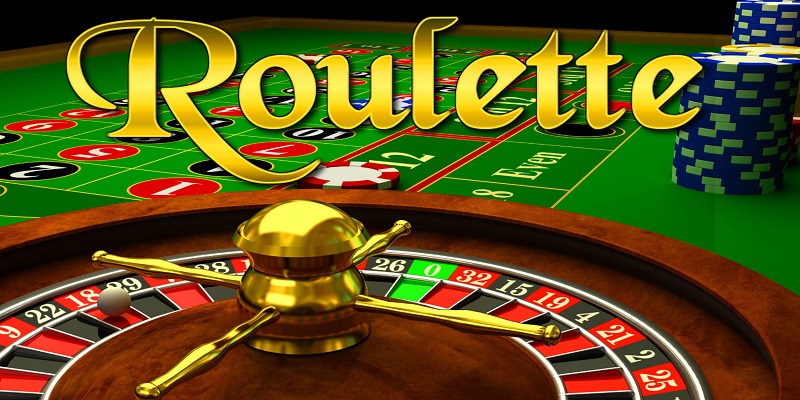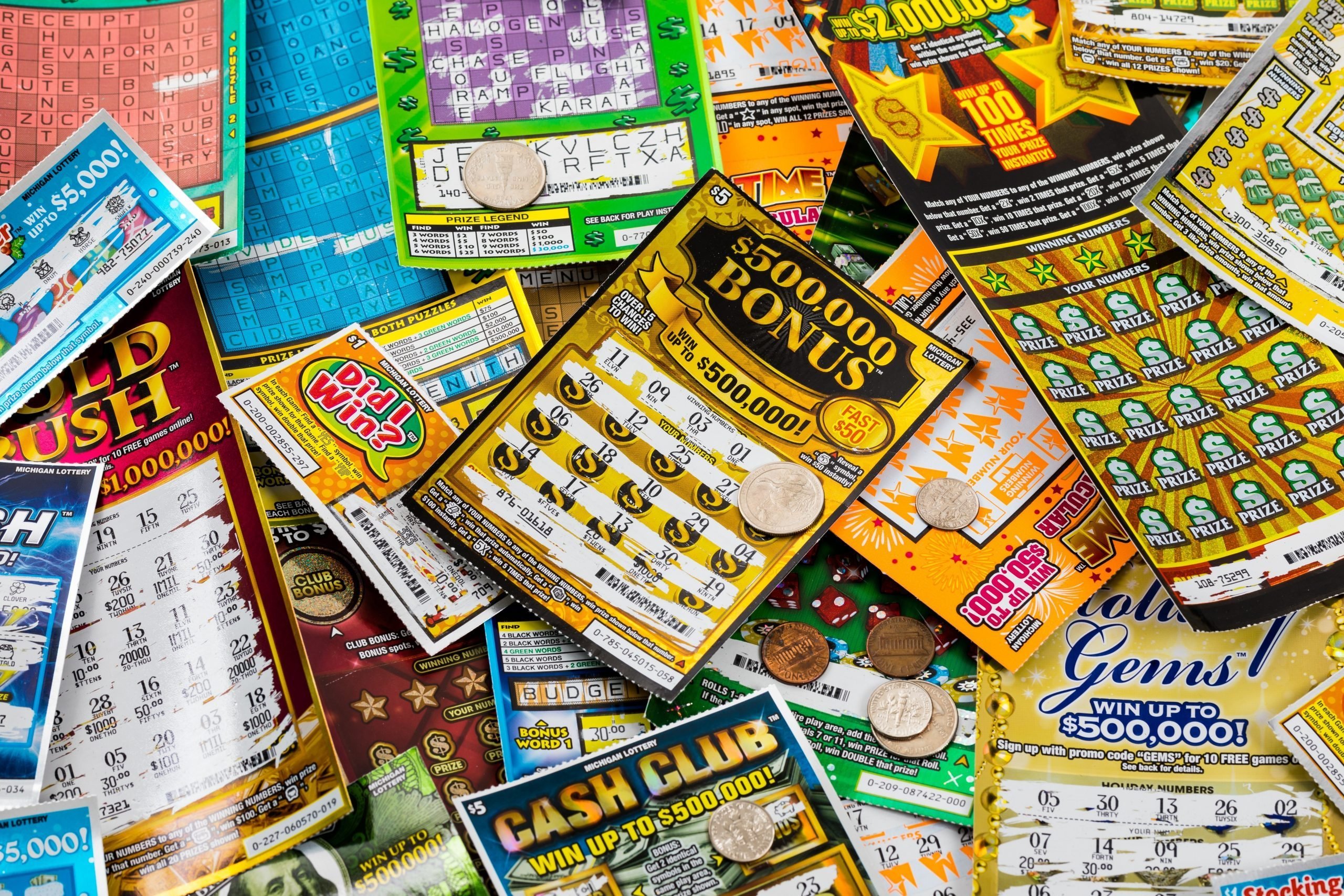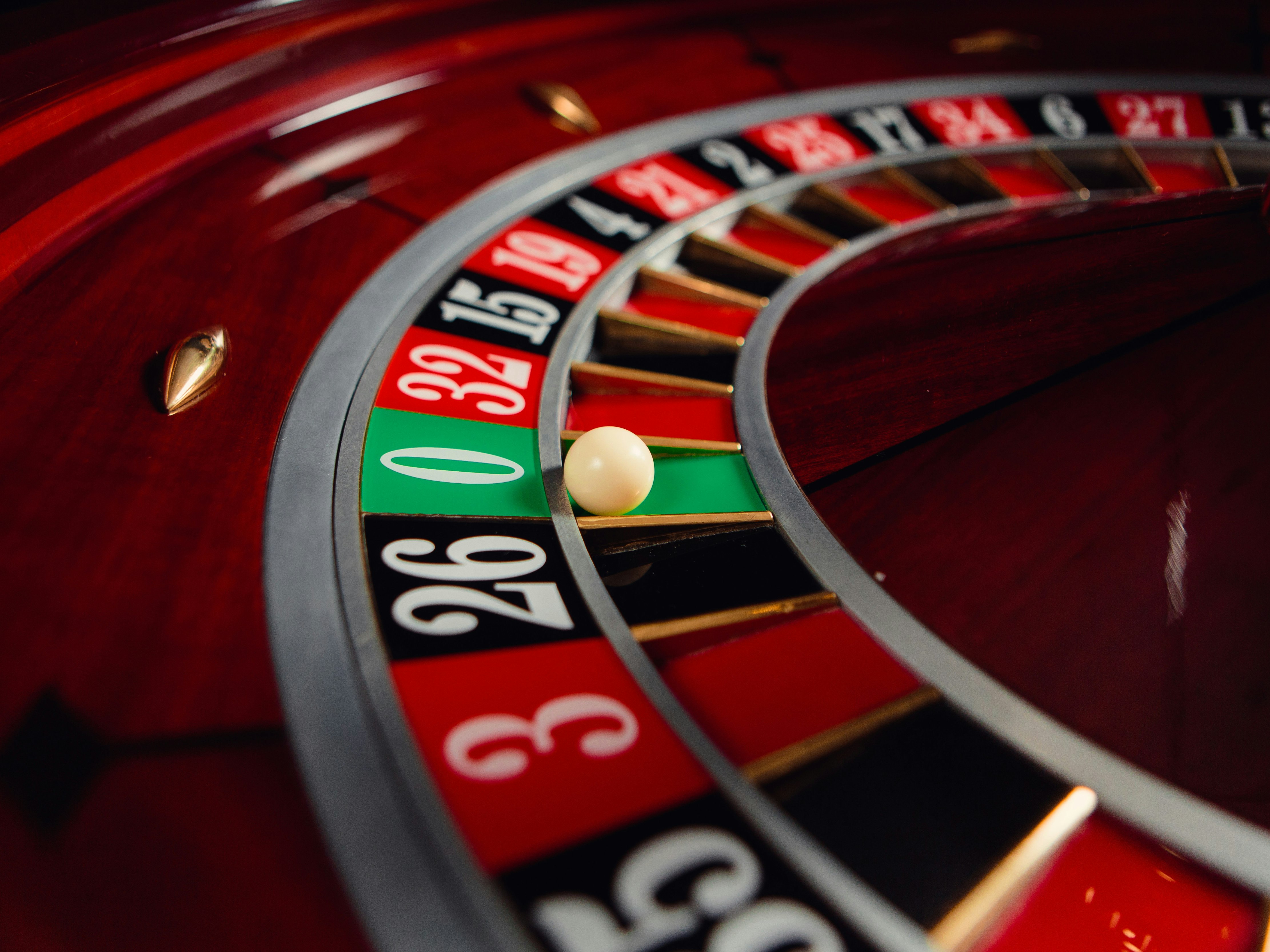A conversation on the best way to turn into a specialist in the game of roulette will undoubtedly be met with distrust in specific quarters. That is justifiable, in light of the fact that roulette is to a great extent saw as a game of possibility. Individuals normally discuss ‘aptitude’ while managing games of expertise. Be that as it may, whenever we are taking a gander at games of possibility, for example, roulette, being shown how to turn into an ‘specialist’ will undoubtedly be met with some distrust.
It is to be sure a fact that one of the significant determinants of progress (or disappointment) in roulette is karma. Thusly, roulette fits the bill to be depicted as a game of possibility, instead of a game of expertise. In any case, you likewise come to understand that in these games of possibility, there are still a few guidelines which should be bought into. Appropriate information on these principles has the effect between the people who reliably dominate roulette matches, and individuals who reliably lose in roulette.
The standards administering roulette should be visible as falling into two classes. In the primary class, we have essential game guidelines which administer the genuine playing. These are rules you need to buy into, assuming it is to be said that you are playing roulette. All in all, membership to these standards won’t make you a roulette master. It just makes you a normal/appropriate roulette player.
The subsequent class has rules which, when applied, can expand the likelihood of winning. Certain individuals like to see them as rules which limit the likelihood of losing. You don’t need to know these principles, to be named just like a roulette player. In any case, information on these principles is probably going to give you an edge over different people, who just know the essential guidelines of the roulette game, however who don’t actually know these high level standards of roulette.
To get a thought on the importance of the high level standards of roulette (whose information will undoubtedly make you a roulette master), we want to have some fundamental enthusiasm for roulette. That is where we will come to learn, as referenced prior, that roulette is a game of possibility; explicitly, a wagering game. In roulette, you bet against the house (except if you are playing in the competition design, where you might be able to wager against different players). The club which offer roulette are, obviously, in business. To guarantee that the roulette adventure stays productive, they make sure that the game is planned so that, for some random bet, their possibilities winning are higher than yours (as the player). How much their chances of winning are higher than yours is alluded to as the house’s edge. It arises that for each specific move you make while playing roulette, you shift the house’s edge.
There are a few maneuvers you make, and quickly raise the house’s edge (and with it, your possibilities losing). There are different moves you make, and right away lower the house’s edge (and with it, your possibilities of not losing). It is just when you gain ideal dominance of the principles overseeing those things that you are said to have turned into a ‘roulette game master.’
More or less, to turn into a roulette master, you really want to concentrate on all the accessible group of writing on roulette procedures. You want to foster your own system, from all that you learn through such writing. You want to rehearse and refine that methodology (preferably, through low stakes roulette games). It is the reliable application and refinement of the roulette methodology fostered that way which will make you a valid, roulette game master.







![The Best Technique to Fix [pii_email_d571aac95cb3c8bb38da] Error Code](https://www.7obek-m.com/wp-content/uploads/2021/09/Solved-pii_email_cbd448bbd34c985e423c-Microsoft-Outlook-Error.jpg)